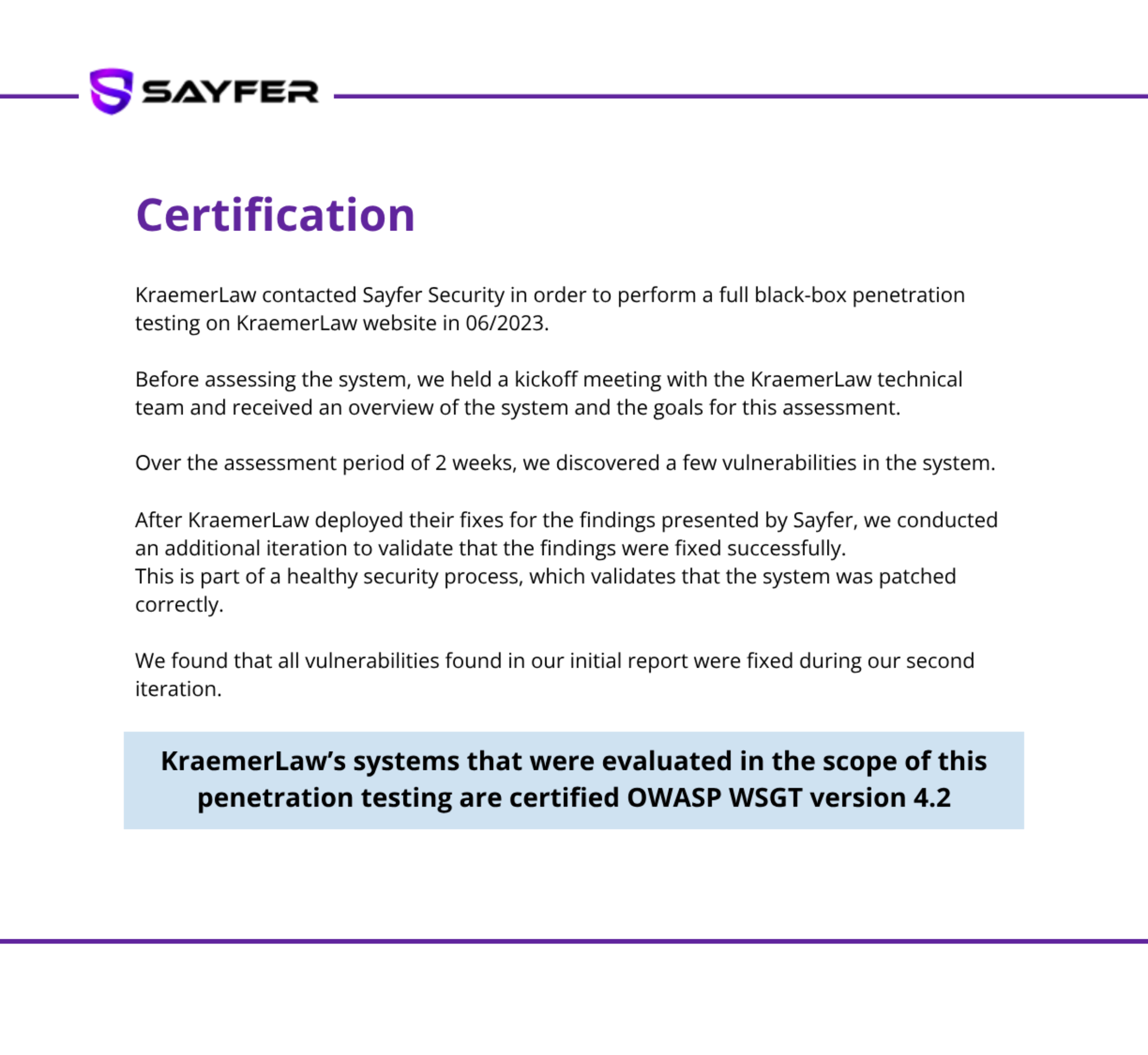Globalization and the different challenges that markets face have led organizations to develop strategies that allow them to boost their capabilities, obtain competitive advantages and enter new markets. One of the most recurring inorganic growth strategies globally is Mergers and acquisitions, also known as M&A. This involves different ways of combining or consolidating companies or commercial assets through financial transactions between two or more organizations.
At the local level, Panamanian mergers and acquisitions are experiencing an increase thanks to its geolocation, solid banking sector and market diversity. This trend is also strongly driven by cross-border transactions.
Overview of the Mergers and Acquisitions (M&A) landscape in Panama
Foremost, it is important to mention what are Panamanian mergers and acquisitions. Although both actions lead to the same objective in the combination of assets or companies, it is important to understand the different ways that each one has to achieve it.
To start, what is a merger? In this dynamic, two or more entities agree to merge to increase market share and reach. Generally, this combination is usually executed “between equals”. In other words, it occurs between organizations of similar size and capital. When the merger happens, the companies involved disappear as independent companies and generally become a new company.
With this in mind, what is an acquisition? A business acquisition occurs when one company acquires control of another by purchasing shares or other assets. In this case, companies do not essentially disappear, on the contrary, an investment is made.
Although the M&A market represents an important opportunity for the economic climate and shows great performance in Panama, like any other financial action, it involves certain factors and risks that must be kept in mind when carrying it out. Thus, there are Panama professionals and agencies that provide mergers and acquisitions services to carry out transactions successfully.
What Are Mergers and Acquisitions Services in Panama?
Panamanian mergers and acquisitions services are designed to make the M&A strategy simpler and more efficient for companies. These services help both Panama businesses and international investors, creating a roadmap from legal and financial advice to the negotiation and execution of M&A transactions. Experts are responsible for guiding companies in Panama to ensure that all local regulations are respected and prevent possible legal issues.
As Panama is a regional financial and logistics center, Panama businesses, as well as foreign companies that wish to expand in the region, increasingly demand this type of Panamanian mergers and acquisitions services to optimize their operations and take advantage of the growth opportunities that the market offers.
Additionally, the entities that regulate these practices in the country provide a flexible and attractive legal structure for companies in Panama seeking to expand their operations or consolidate their position in the region.

The Legal Structure of M&A in Panama
As mentioned initially, Panama has a strategic location, a solid banking system, an attractive tax regime, and a diverse range of financial services that attract numerous national and international institutions. Therefore, certain guidelines are established that ensure the transparency and legality of transactions. The Companies Act and the Commercial Code regulated the legal structure of Panamanian mergers and acquisitions.
The process for mergers and acquisitions services in Panama requires appropriate approvals, legal documentation, due inquiry to assess risks, and, in some cases, authorization from government entities, such as ACODECO, to ensure that competition is not affected. In addition, it is essential to consider the tax implications and register the transaction in the Public Registry to validate it.
Within this legal framework, certain types of mergers are established according to the objectives of Panama businesses, which in turn imply differences in the legal structure. These types of mergers can be determined directly and indirectly:
Direct Merger
In this type of fusion, there are two figures, “the absorbing one” and “the absorbed one”. Where the former acquires all the assets, liabilities and rights of the latter, which are combined with “the absorbing one” and disappear as an independent body. The direct merger comprises:
- The approval of the Boards of Directors and, in some cases, of the shareholders. Specific legal documents must be prepared and registered in the Public Registry.
- A relatively simple merger, since it is an integration of companies into a single entity.
Indirect Merger
In contrast, an indirect merger creates a new company that brings together and takes control of the merged entities, and they cease to exist as independent entities. This type of negotiation requires:
- The approval of the Boards of Directors and, in some cases, of the shareholders; the relevant documents must be registered.
- A more complex M&A process in terms of planning and execution, since it involves the creation of a new entity and the integration of several companies into this new organization.
Legal Issues of Mergers and Acquisitions
As mentioned above, Panamanian mergers and acquisitions are complex processes involving multiple legal issues that must be carefully managed to ensure a successful and legally compliant transaction.


These aspects include corporate governance, shareholders’ rights, tax implications, contractual obligations and labor law compliance. Each of these key elements is detailed below.
Corporate Governance and Shareholder
In the Panamanian mergers and acquisitions process, company management must collaborate to secure approvals from boards of directors and shareholders. When a merger occurs, it is important for the acquiring company and the new entity to respect shareholder rights and follow corporate laws in order to make approved decisions.
On the other hand, it is important to keep in mind that any merger of companies in Panama must be notified in writing to the Directorate General of Revenue (Dirección General de Ingresos) within 30 days of its registration in the Public Registry. This communication must include an Affidavit from an authorized Public Accountant, confirming compliance with the law.
M&A Taxation
M&A transaction has significant tax implications that must be evaluated. Tax effects, such as capital gains and possible tax deductions, must be considered. Tax planning is crucial for effectively managing payments and complying with the Tax Code in a Panama M&A process.
The tax implications are related to Executive Decree (Decreto Ejecutivo) No. 18 of March 14, 1994, which sets forth “the criteria by which the merger of companies shall be governed, to establish clear rules regarding its tax regime, in compliance with the principle of legal certainty that must always preside over the relations between taxpayers and the Tax Administration”.
In short, Panamanian mergers and acquisitions drive business growth, requiring careful tax planning to comply with tax obligations.

Contractual Obligations and Liabilities
The Panamanian mergers and acquisitions agreement should specify the terms of the M&A transaction, including the transfer of assets and liabilities, guarantees and liabilities. To avoid disputes and protect the interests of all parties involved, the parties must accurately draft these contracts.
Once the merger is complete, the accounting of the surviving company should reflect the accounts of the combined company, consolidating the balances of the same accounts, even if they have different names.
Employment Law Compliance
Panamanian mergers and acquisitions require compliance with labor legislation. Companies must respect the labor rights of employees and properly manage changes in the organizational structure, including dismissals and restructuring of employment contracts, to minimize the impact on staff and avoid labor disputes.
The M&A Process in Panama
Generally, the Panamanian mergers and acquisitions process consists of five phases:
- Preparation: At the start of the process, the seller must decide whether to offer the entire company or specific shares and determine the best method for conducting an M&A transaction in Panamanian mergers and acquisitions. In a share deal, the capital or shares of the company are put up for sale, while in an asset deal, the negotiation focuses on tangible and intangible assets, such as software and real estate.
- Due diligence: At this stage, acquirers carry out exhaustive research on the company for sale to identify possible risks, legal problems and opportunities.
- Negotiation and signing: The parties engage in an initial negotiation through a purchase and sale contract, where they estimate the scope of the acquisition and their obligations depending on the negotiation method. In Panamanian mergers and acquisitions, a share deal makes the buyer responsible for all contractual obligations and liabilities within the company. The opposite happens with the asset deal, where the acquirer only assumes what is estimated in the contract.
- Closing: In this phase, the conditions and agreements selected within the purchase and sale contract must be met before the closing date. Sometimes annotations or complements may be required within the said contract; These likewise must be set before the moment of closing.
- Post-closing: There are actions to be executed after closing, and they will depend on each case. Actions such as press releases, appointments and other contractual agreements affect the success of the transaction.
Panamanian mergers and acquisitions comprise a structured process that goes from initial preparation to integration after closing. Each phase, from audit to execution, is important to the success of the transaction.
M&A Transaction Closure: Legal Best Practices
Drawing a navigation map is a fundamental axis for the Panamanian mergers and acquisitions (M&A) process. However, due diligence is key to ensuring every detail is in order before closing the transaction. For them, we share the three best legal practices that you should keep in mind to complete the M&A strategy successfully.
- Detailed review of contracts, including agreements with clients and suppliers.
- Consideration of the regulations that are governed by the industry, as well as the protection of data and intellectual property, to guarantee compliance with laws and regulations.
- Validation of the validity of licenses and intellectual property
Get Legal Advice on Mergers and Acquisitions in Panama
To sum up, the Panama M&A market represents an important asset within the country’s economy and an excellent growth opportunity for companies. In the same way, this activity brings with it certain regulations and implications that must be kept in mind when developing this M&A strategy. Therefore, it is valuable to have allies that provide Panamanian mergers and acquisitions services.
Contact us at Kraemer & Kraemer for expert mergers and acquisitions services tailored to the Panama market.






